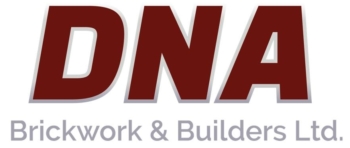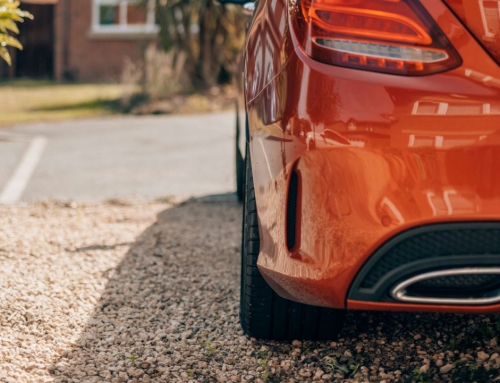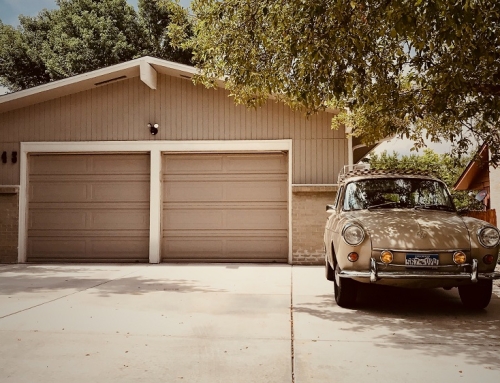Did you know that there’s more than 1 type of driveway? It’s true! While all driveways serve the same function, they are all made of different materials, using different techniques for different effects. At DNA we love this, because we believe that a driveway should be an extension to your home – something that shows off your unique personality and style. It should also be something you enjoy looking at, and that protects your car from damage (unlike our pothole-riddled roads). When you look at it that way, the word ‘driveway’ suddenly opens up a lot more options. To help you decide, we’ve pulled together a list of the 7 most popular and common types of driveway in the UK, along with the pros and cons of each.
Block Paving
This is one of the most popular options for residential driveways, as it’s simple to install and maintain but very effective. This type of driveway uses bricks, slabs, flagstones or even small concrete blocks to fill the driveway space. They are sturdy and able to take a lot of weight, although the individual flags can wobble or become loose, particularly if weeds are sprouting through the cracks. The materials themselves are pretty inexpensive, but installation (particularly of certain patterns) requires some very precise laying and can drive the price up. This means a lot of block paved driveways are quite bland, since making them attractive tends to cost more. They can also attract moss and algae easily, so they require more regular cleaning.
Indian Stone
Another new but increasingly common option, Indian stone driveways provide a natural sandstone look with a variety of patterns and colour choices. They tend to be in neutral colours, and feature large squares and small squares offset in a decorative pattern. Sizing and colours are still pretty limited though, and the strength of them isn’t great, so for families with vans or heavier vehicles, they might not be the best choice. And as with block paving options, individual stones can wobble, crack or become loose, and if the ground wasn’t prepared properly then you will tend to see weeds or grass sprouting between panels.
Stone And Gravel
These are great option if you want to deter burglars, because they are LOUD. The distinctive crunch is created by layers of loose stones and chips, which move against each other when you walk or drive your car over them. They are cheap to buy and install, making them the most affordable driveway option out there. However over time you will lose stones, and so you will need to ‘top up’ your driveway every so often. And if you haven’t had decent groundwork done and prep membranes put down, then you will forever be weeding it too.
Tarmac
Cheap and effective, tarmac driveways are another common option in the UK. It’s a bit like having the road extended into your driveway. It can look smooth and pristine when applied correctly, and makes a seamless transition from pavement to driveway. However your choices are very limited, and while the material itself is very sturdy and will last a long time, certain chemicals and oils (like the ones in your car or bike) can degrade and even dissolve it. So if you like to tinker with cars, it’s probably not for you.
Cobblestone
Cobblestone driveways used to be ‘the in thing’ around a decade ago, but they’ve dropped a bit in popularity in recent years. If done right, they can really enhance the period feel of your house and give you an extra elegance and detail that looks lovely. But they are quite expensive to install, mainly because they require a specialist. They are also quite uncomfortable to walk on and can get very slippery when wet, so not great for anyone with mobility issues or a sloped driveway.
Stamped Concrete
Pattern imprinted (or stamped) concrete is a bit of an unusual choice, but it can give an amazing effect. It essentially means you can design your own pattern, picture or even words within a concrete driveway – which can really add a wow factor to homes and businesses It’s strong, stable and very low maintenance, with the biggest range of patterns, colours, designs and styles to choose from. But it isn’t water permeable and it can crack if it’s not taken care of properly.
And there you have it. Hopefully this has helped you understand all the options available to you for your new driveway, and given you the information you need to make the right decision for you. At DNA Brickwork & Builders we’re happy to take on your driveway as part of a bigger project, or on its own if you just want a bit of an update. To find out more, just get in touch to book your consultation today.




